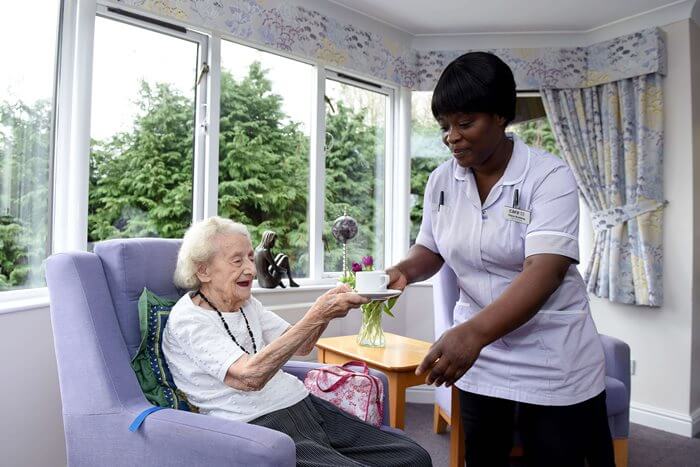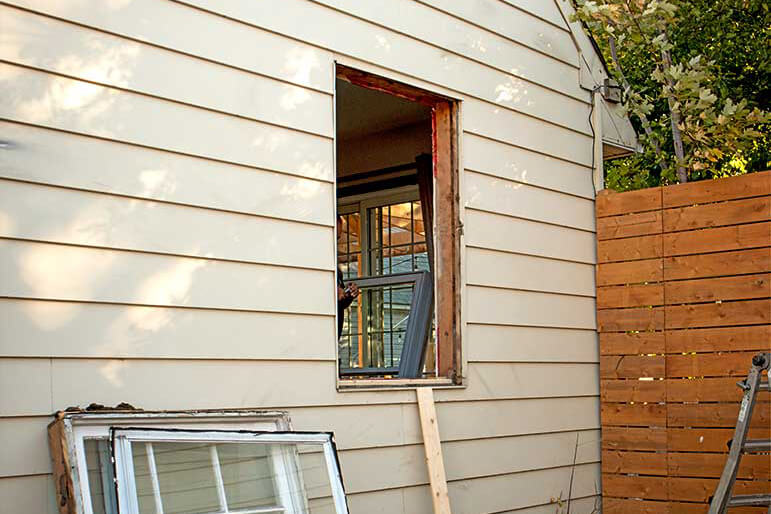Nursing homes are increasingly forging partnerships to enhance the experience of their residents, aiming to provide not just care, but a fulfilling and enriched environment. These partnerships are designed to address various aspects of residents’ lives, including physical health, mental well-being, social engagement, and overall quality of life. One key area where nursing homes are partnering up is in providing specialized healthcare services within their facilities. By collaborating with hospitals, clinics, and medical professionals, nursing homes can offer a broader range of medical care on-site, reducing the need for residents to travel for appointments and ensuring prompt attention to their health needs. This integrated approach to healthcare not only enhances convenience but also fosters a sense of security and continuity of care among residents. Furthermore, partnerships with mental health professionals and therapists contribute to residents’ emotional and psychological well-being. Nursing homes are recognizing the importance of addressing mental health issues such as depression, anxiety, and cognitive decline among their residents.

Through partnerships with psychologists, counselors, and mental health organizations, they can provide counseling services, cognitive therapies, and emotional support programs tailored to the specific needs of elderly residents. Social engagement is another critical aspect of resident enrichment, and nursing homes are partnering with community organizations, schools, and volunteers to create vibrant social environments. Programs such as intergenerational activities, where residents interact with children and young adults, have proven highly beneficial in combating loneliness and promoting social connections. Additionally, partnerships with local cultural institutions, such as museums and theaters, offer residents opportunities for outings and cultural experiences, enriching their lives beyond the confines of the nursing home. Physical activity and rehabilitation are vital components of elderly care, and nursing homes are partnering with fitness centers, physical therapists, and recreational facilities to provide diverse exercise programs and rehabilitation services. These partnerships enable residents to engage in tailored exercise routines, rehabilitation therapies, and recreational activities that promote mobility, strength, and overall well-being.
Moreover, the Rochester nursing homes involvement of fitness professionals ensures that exercise programs are safe and effective for elderly individuals with varying levels of mobility and health conditions. Culinary partnerships are also emerging as a way to enhance residents’ dining experiences. By collaborating with local chefs, nutritionists, and food suppliers, nursing homes can offer high-quality, nutritious meals that cater to residents’ dietary preferences and requirements. Specialized dietary programs, such as those for residents with diabetes or specific food allergies, can be developed in partnership with nutrition experts to ensure optimal nutrition and dining satisfaction. Lastly, technology partnerships are becoming increasingly prevalent in nursing homes, offering innovative solutions to improve residents’ lives. Collaborations with tech companies provide access to assistive devices, smart home technologies, and telehealth services, empowering residents to maintain independence and stay connected with their healthcare providers and loved ones. In conclusion, partnerships are transforming the landscape of nursing home care, enriching the lives of residents in various ways.







